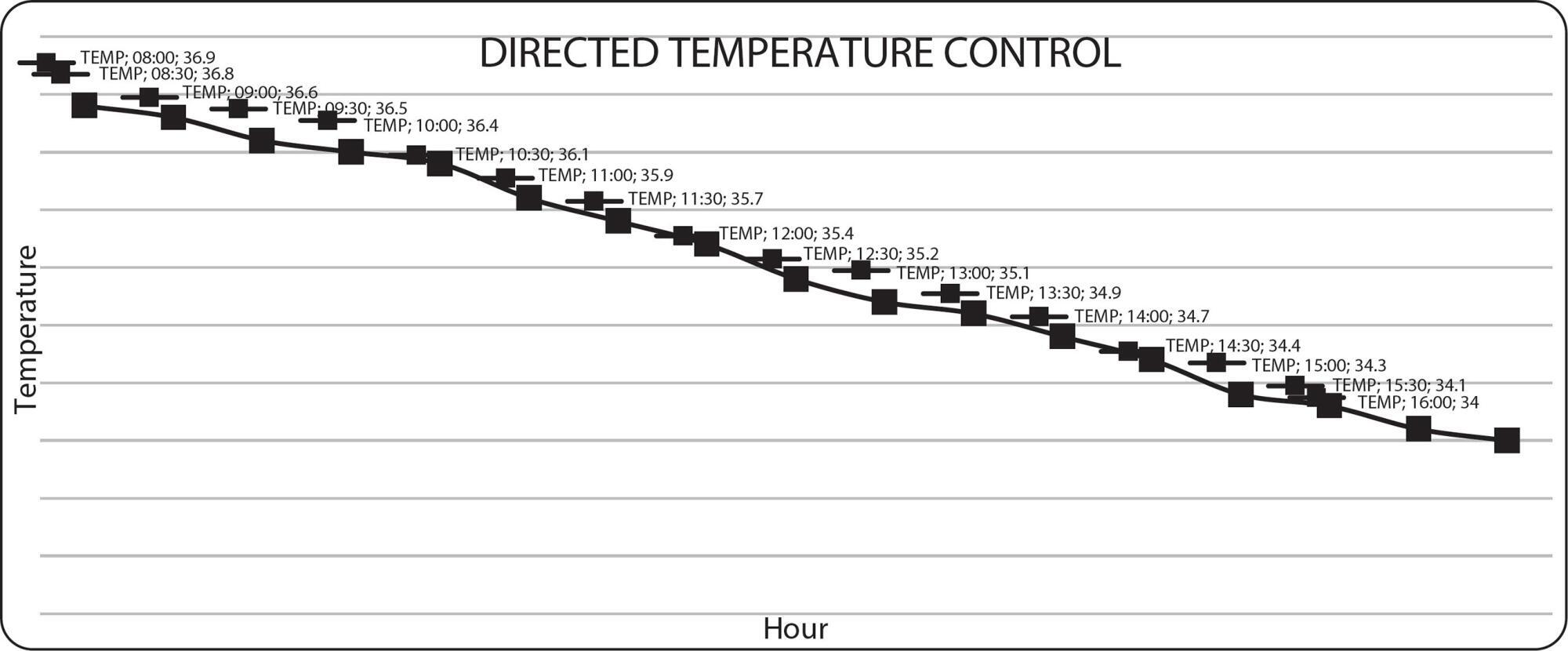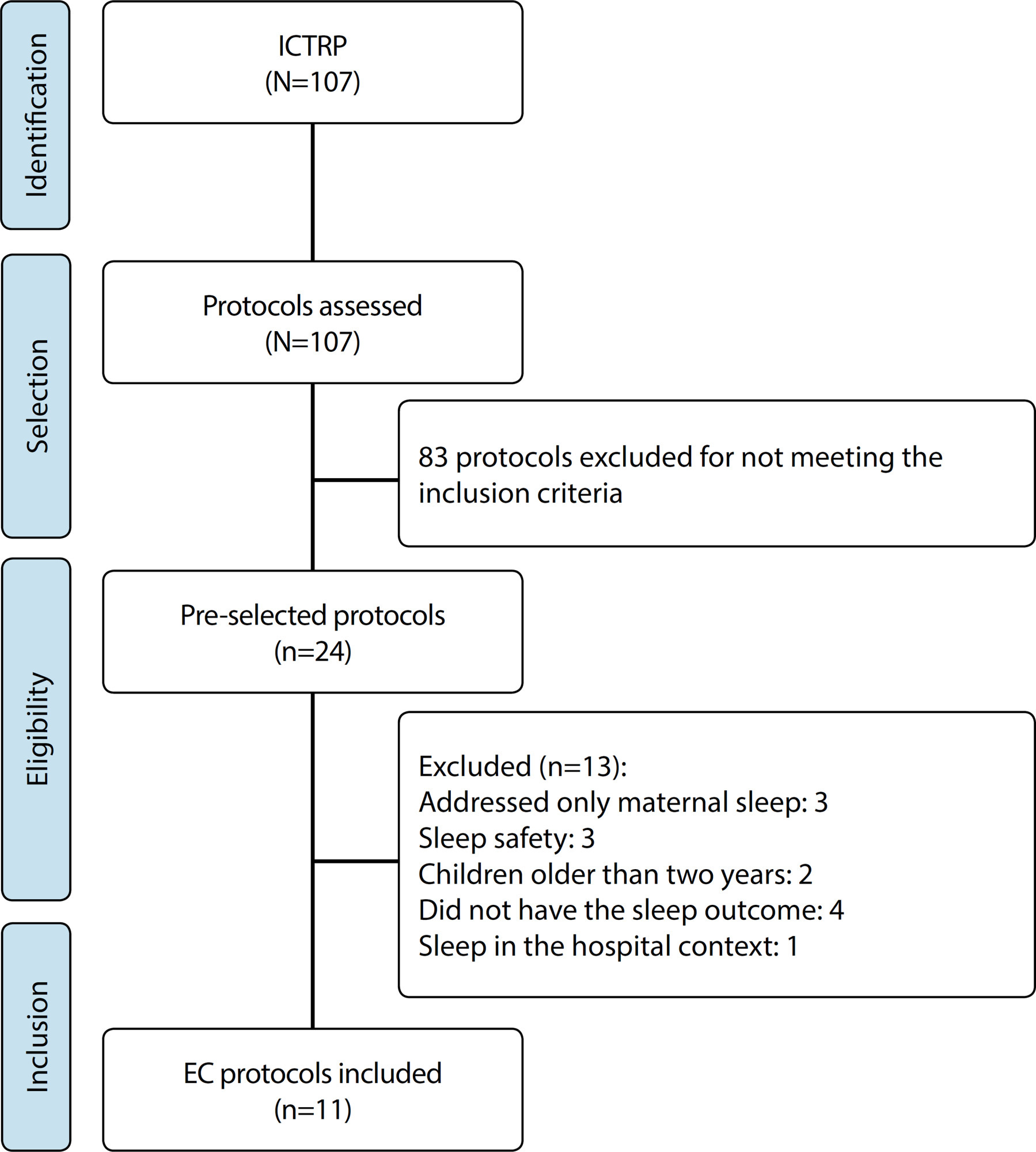-
Learning needs of Nursing students in technical vocational education
Revista Brasileira de Enfermagem. 2015;68(1):20-25
Abstract
Learning needs of Nursing students in technical vocational education
Revista Brasileira de Enfermagem. 2015;68(1):20-25
DOI 10.1590/0034-7167.2015680103i
Views0See moreObjective:
identify learning needs of students of Technical Vocational Education (TVE) in Nursing. Qualitative study conducted in a city of São Paulo state.
Method:
the subjects were students, teachers and coordinators of TVE and students of the bachelor degree who have had contact with TVE. Data collection was performed by questionnaire socioeconomic and cultural circles about the learning needs. For data analysis we used the content analysis.
Results:
it was found that students have difficulties contents not related to nursing as portuguese and mathematics, as well as introductory courses in the course of TVE which possibly may interfere negatively in learning specific content of nursing and the quality of health care.
Conclusion:
it is necessary to rethink the content taught and ways to teach from basic education, as well as the training of teachers who now works in the TVE.
-
Serious game e-Baby: nursing students’ perception on learning about preterm newborn clinical assessment
Revista Brasileira de Enfermagem. 2015;68(1):13-19
Abstract
Serious game e-Baby: nursing students’ perception on learning about preterm newborn clinical assessment
Revista Brasileira de Enfermagem. 2015;68(1):13-19
DOI 10.1590/0034-7167.2015680102i
Views0See moreObjective:
to evaluate students opinion regarding e-Baby educational technology.
Methodology:
exploratory descriptive study in which participated a sample composed of 14 nursing Portuguese students that used e-Baby digital educational technology in an extracurricular course. To achieve the aim of the study, the data collection was realized through an opinion instrument in Likert scale including the possibility of commentaries by students. Is was also collected data of participants’ characterization.
Results:
students made very satisfactory evaluations regarding the game e-Baby, varying since usability acceptation through suggestions of expansion of the game to other nursing themes.
Conclusion:
serious game e-Baby can be considered a didactic innovation and motivator tool of learning. Besides, it demonstrates have adequate interface in design and educative function aspects, evocating intense interaction between user and computational tool.

-
EDITORIAL01-01-2015
Challenges beyond the scientific knowledge production
Revista Brasileira de Enfermagem. 2015;68(1):7-8
Abstract
EDITORIALChallenges beyond the scientific knowledge production
Revista Brasileira de Enfermagem. 2015;68(1):7-8
DOI 10.1590/0034-7167.2015680101p
Views0For several decades, innumerous appeals and reflections on how to build the nursing science and achieve visibility in the scientific world led researchers to make efforts to produce knowledge that contributed to the well-being of people, improving their quality of life, relieving their suffering and transforming the reality in which we live. In addition to […]See more
-
ORIGINAL ARTICLE04-14-2023
Guide for Systematization of Care and Nursing Process: educational technology for professional practice
Revista Brasileira de Enfermagem. 2023;76:e20210975
Abstract
ORIGINAL ARTICLEGuide for Systematization of Care and Nursing Process: educational technology for professional practice
Revista Brasileira de Enfermagem. 2023;76:e20210975
DOI 10.1590/0034-7167-2021-0975
Views1ABSTRACT
Objective:
to elaborate and validate the content of a digital guide educational technology on Systematization of Nursing Care and Nursing Process.
Methods:
applied research of technological development, developed between 2020 and 2021, in three steps. First, a scoping review was carried out to elaborate the content. In the second step, the content was validated with 46 nurse judges selected for convenience. The minimum criterion of agreement among judges was 80%. The third step consisted of content organization and layout.
Results:
the guide content was elaborated from the Federal Nursing Council legislation, scientific articles and textbooks. Content was considered appropriate, relevant and organized by judges.
Final considerations:
the digital guide is an alternative that can contribute to the NP execution and implementation, supporting the planning and implementation of actions for quality of care.
Keywords:Educational TechnologyNursing ProcessNursing RecordsProfessional PracticeStandardized Nursing TerminologySee more
-
ORIGINAL ARTICLE03-27-2023
Adaptation and validation of an adult patient classification instrument with emphasis on the family dimension
Revista Brasileira de Enfermagem. 2023;76(2):e20220530
Abstract
ORIGINAL ARTICLEAdaptation and validation of an adult patient classification instrument with emphasis on the family dimension
Revista Brasileira de Enfermagem. 2023;76(2):e20220530
DOI 10.1590/0034-7167-2022-0530
Views1ABSTRACT
Objectives:
to adapt and validate an instrument for classifying adult patients that emphasizes the family support network in the demand for nursing care.
Methods:
methodological study, carried out in three phases: adaptation of an instrument considering the reality of adult patients; content validation with seven experts and assessment of measurement properties (construct validity and internal consistency) with 781 hospitalized patients.
Results:
in content validation, the indicators reached the values established for the Content Validity Index (0.85-1.00). In the confirmatory factor analysis, the 11 indicators were distributed in three domains and presented average variance extracted and factor loading greater than 0.5. Composite reliability was greater than 0.7.
Conclusions:
the present study adapted and made available, with evidence of validity and reliability, an instrument for classifying adult patients that considers the family support network in the demand for nursing care.
Keywords:Factor AnalysisFamilyHospital Organization and AdministrationPatient-Centered CareValidation StudiesSee more
-
ORIGINAL ARTICLE09-24-2022
Nurses’ performance in palliative care: spiritual care in the light of Theory of Human Caring
Revista Brasileira de Enfermagem. 2022;75(1):e20210029
Abstract
ORIGINAL ARTICLENurses’ performance in palliative care: spiritual care in the light of Theory of Human Caring
Revista Brasileira de Enfermagem. 2022;75(1):e20210029
DOI 10.1590/0034-7167-2021-0029
Views1See moreABSTRACT
Objectives:
to analyze nurses’ role in assisting patients in palliative care, with emphasis on the spiritual dimension, in the light of Theory of Human Caring.
Methods:
this is an exploratory, qualitative study, carried out in a hospital in João Pessoa, Paraíba, between August and December 2019, with 10 nurses. For data collection, semi-structured interviews were used. For analysis, we opted for content analysis.
Results:
the spiritual dimension of care is contemplated by several religious and spiritual practices. These are respected and encouraged by nurses, although there is difficulty in providing care for the spiritual dimension.
Final Considerations:
nurses have attitudes consistent with Jean Watson’s Theory and apply the Caritas Process elements during assistance to patients’ spiritual dimension in palliative care.
-
ORIGINAL ARTICLE10-01-2022
Self-care of elderly people with diabetes mellitus and the nurse-patient interpersonal relationship
Revista Brasileira de Enfermagem. 2022;75(1):e20201257
Abstract
ORIGINAL ARTICLESelf-care of elderly people with diabetes mellitus and the nurse-patient interpersonal relationship
Revista Brasileira de Enfermagem. 2022;75(1):e20201257
DOI 10.1590/0034-7167-2020-1257
Views1INTRODUCTIONChronic non-communicable diseases are the main causes of death and health problems in the world, causing about 41 million deaths each year, which corresponds to approximately 71% of all deaths. Among these diseases, diabetes mellitus has stood out due to the increase in its incidence and prevalence().Estimates indicate that 463 million people live with diabetes […]See more -
Evolution of nursing teaching in the use of education technology: a scoping review
Revista Brasileira de Enfermagem. 2021;74:e20200422
Abstract
Evolution of nursing teaching in the use of education technology: a scoping review
Revista Brasileira de Enfermagem. 2021;74:e20200422
DOI 10.1590/0034-7167-2020-0422
Views1See moreABSTRACT
Objective:
To identify and map the technological tools of information and communication to support the teaching learning process in Nursing teaching courses.
Methods:
This is a scoping review whose search was carried out in seven databases and in grey literature. After an initial analysis of the selection, 88 texts were read integrally, and 29 made up the final sample.
Results:
Virtual learning environment and object, simulation, hypermedia, and software or cellphone applications were the tools the nursing professors used the most. Studies highlight that the application of technology was important in the teaching-learning process, since it encouraged teaching based on safe care, motivating and developing abilities/competences, supported on significant, effective, flexible, and autonomous learning.
Conclusion:
The contribution of the technology for nursing formation stands out, but it should be highlighted that its employment must be critical, reflective, based on pedagogical theories and developed by trained professors.

-
EXPERIENCE REPORT08-19-2019
Hypothermia post-cardiopulmonary resuscitation with low inputs: an experience report
Revista Brasileira de Enfermagem. 2019;72(4):1114-1118
Abstract
EXPERIENCE REPORTHypothermia post-cardiopulmonary resuscitation with low inputs: an experience report
Revista Brasileira de Enfermagem. 2019;72(4):1114-1118
DOI 10.1590/0034-7167-2017-0771
Views1ABSTRACT
Objective:
to report the experience of conducting directed temperature control of a post-cardiopulmonary resuscitation patient, with reduced and basic inputs available at the institution.
Method:
an experience report of directed temperature control in patient (age 15 years), after four hours of cardiopulmonary resuscitation in an Intensive Care Unit of a hospital in São Paulo State countryside in 2016, according to the protocol suggested by the American Heart Association, in 2015. There were applications of cold compresses, plastic bags with crushed ice and rectal temperature control.
Results:
after eight hours, temperature had reached 93.2 ºF. Body cooling was maintained for 24 hours. However, bags with crushed ice were used in the first 6 hours.
Conclusion:
conduct of nurses to obtain the body cooling with reduced and basic inputs was effective during the stay at the Intensive Care Unit.
Keywords:Body Temperature RegulationCardiopulmonary ResuscitationHeart ArrestHypothermia InducedIntensive Care UnitsSee more
-
Overview of clinical trial protocols for behavioral insomnia in infants
Revista Brasileira de Enfermagem. 2021;74:e20200769
Abstract
Overview of clinical trial protocols for behavioral insomnia in infants
Revista Brasileira de Enfermagem. 2021;74:e20200769
DOI 10.1590/0034-7167-2020-0769
Views1See moreABSTRACT
Objective:
to describe the overview of clinical trial protocols for behavioral insomnia in infants.
Methods:
an analytical study that reviewed protocols registered with the International Clinical Trials Registry Platform between August and September 2019, aiming to identify the interventions for behavioral insomnia in infants, the comparators, the main primary, secondary outcomes and their respective measurements.
Results:
eleven protocols registered between 2004 and 2018 were included. Nurses were the main coordinators of protocols (45.5%), with proposals using educational technologies, one-to-one and online follow-up consultations. The main outcome was improvement of infant and maternal sleep patterns. Secondary outcomes were anxiety, depression, and parental sexual satisfaction. To measure them, the following were used: sleep diary (54.5%), actigraphy (45.4%), and the Pittsburgh Sleep Quality Interview (36.3%) and Extended Brief Infant Sleep Questionnaire (27.2%) were used.
Conclusion:
the protocols proposed interventions for independent sleep, aiming at quality of sleep for the whole family.

-
ORIGINAL ARTICLE07-30-2021
Curricular reforms in the transformation of nursing teaching in a federal university
Revista Brasileira de Enfermagem. 2021;74(4):e20201242
Abstract
ORIGINAL ARTICLECurricular reforms in the transformation of nursing teaching in a federal university
Revista Brasileira de Enfermagem. 2021;74(4):e20201242
DOI 10.1590/0034-7167-2020-1242
Views1See moreABSTRACT
Objectives:
to discuss the curricular reforms adopted for nursing teaching in Brazil, from 1969 to 2019.
Methods:
historical, qualitative approach using the thematic oral history and document research. 13 interviews were carried out with graduation nursing professors from a federal university in the South of Brazil. The document sources were the political-pedagogical projects of the course and their associated documents. Minayo’s thematic analysis was used.
Results:
nursing curricula delineates the profile of the professional that must be formed and are reviewed in order to be adapted to social and educational changes, showing the scientific and professional potential of the nurse. Curricular reforms consider the quality of nursing formation.
Final Considerations:
the structure of the curriculum and the reforms that took place emerged according to the historical, political, epidemiological and social context demanded from the profession, to attend to the demands of society and to the work market.
Search
Search in:
Nuvem de Tags
Aged (144) Atenção Primária à Saúde (239) COVID-19 (104) Cuidados de Enfermagem (269) Educação em Enfermagem (151) Educação em Saúde (139) Enfermagem (930) Estudos de Validação (131) Health Education (144) Idoso (208) Mental Health (149) Nursing (987) Nursing Care (306) Patient Safety (151) Primary Health Care (284) Qualidade de Vida (104) Quality of Life (106) Saúde Mental (145) Segurança do Paciente (150) Validation Studies (108)



